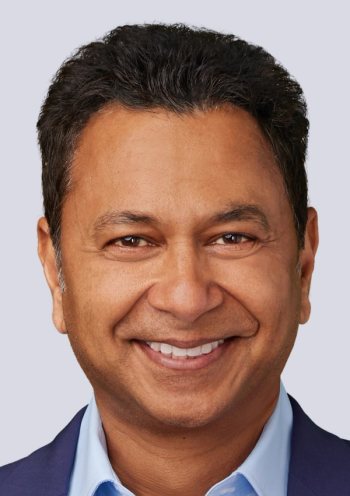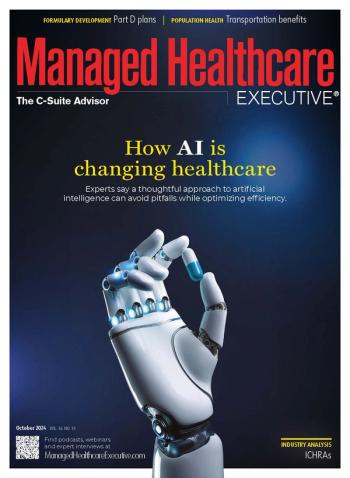
Multimedia devices place healthcare information at patients' fingertips
Grayson Wheatley, MD, was sitting on an airplane, reading his medical journal and listening to music on his iPod when it suddenly dawned on him.
Grayson Wheatley, MD, was sitting on an airplane, reading his medical journal and listening to music on his iPod when it suddenly dawned on him.
Why not have access to medical information on his iPod?
"Here was an opportunity to get information while I was on the go," says Dr. Wheatley, a cardiovascular surgeon at Arizona Heart Institute (AHI) in Phoenix, a multi-specialty facility dedicated to diagnosing and treating heart disease. "I thought this would be a great way to educate patients. We're always trying to find new ways to inform patients to take better care of themselves."
PATIENTS AND PODS
Now, some healthcare organizations, such as the U.S. Agency for Healthcare Research and Quality (AHRQ) and Johns Hopkins Medicine have begun conducting "podcasts" for patients and professionals. By subscribing to free online podcasts through a directory such as iTunes, users can download audio and video programming onto their devices. Patients can download information regarding their own health conditions or concerns, and those who don't have a handheld device can still obtain the information online and play it on their own computers.
Healthcare podcasts are new to the market. Potential benefits for MCOs are great, especially in the area of disease management, which could lead to lower healthcare costs across the continuum.
Karen Carp, a public affairs specialist with AHRQ, says the agency is trying to reach the managed care industry and large self-insured companies such as IBM and General Motors with its podcasts.
"We're trying to reach people and organizations that have an interest in providing good information to their employees, benefits managers and those who make the decisions regarding the plans," says Carp, who writes and produces AHRQ's podcasts. "It is important in terms of trying to stem the tide of rising healthcare costs."
REPACKAGING USEFUL INFORMATION
AHI has a library of video and audio programs dealing with cardiovascular research going back more than two decades. Dr. Wheatley had the programs converted into digital files and launched a new Web site,
Currently, AHI has 35 to 40 podcasts available including, "What is Heart Arrhythmia?" and "How to Prevent Heart Disease." Most of the files are three to five minutes in length and include diagrams and narration.
Patients can also find the podcasts through AHI's homepage within the iTunes directory. There, patients can search under "cardiac" or "vascular" or a related term, and files are automatically downloaded free of charge into their iPods.
Some of the programming is geared toward physicians who want to learn about the latest therapies for heart and vascular disease, and includes lectures and live cases, Dr. Wheatley says.
Since the launch of its podcasts, AHI has had more than 180,000 visitors to
"Patients have been receptive to using iPods," Dr. Wheatley says. "They can stop, play and rewind, and the way we present the information is helpful. The information is tailored to the patient."
Credible information is sometimes hard to find when a patient is searching for it on the Web.
Newsletter
Get the latest industry news, event updates, and more from Managed healthcare Executive.

























